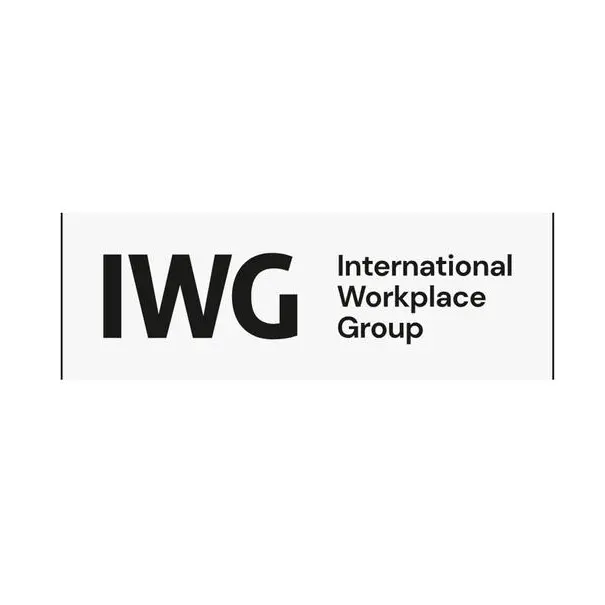United Arab Emirates: A majority of executives in the United Arab Emirates and Kingdom of Saudi Arabia (78%) are confident in their company’s ability to withstand disruptive forces. Despite this, more than three quarters (71%) believe the frequency of disruptive forces will continue at the same pace or even increase over the next two to three years. This is according to the AlixPartners 2022 Middle East Disruption Index that surveyed CEOs and executive leaders in the UAE and KSA to examine their top business concerns and the impact of disruption on their organizations.
Over 70% of executives stated their company was extremely effective in responding to disruptive forces in new or evolving competition or business models, regulation, policy or geopolitics, data and security, and environmental and social concerns.
“Governments in the region, particularly UAE and KSA, are at the forefront of innovation, and exhibit pace, agility, foresight, and an action-oriented approach to navigate the challenges ahead. This lead-by-example model at the highest level sends a clear and encouraging message to businesses in the region to constantly pre-empt, adapt and even become the disruptors in their respective industries and sectors,” said Simon Freakley, CEO, AlixPartners.
The survey highlighted how nearly 3 in 4 executives in the UAE and KSA (72%) are also struggling to determine which disruption forces to prioritize. Business executives outlined three key areas of greatest concern:
- Supply chain management: The majority of executives (70%) report changing regulatory policies and growing geopolitical instability are causing supply chain disruption with half of UAE and KSA based businesses addressing this disruptive force with long term solutions.
- Workforce: Most companies (74%) have a strategic workforce plan in place, with almost half (41%) taking actions that are exceeding requirements
- Digital: Four in 10 (44%) executives cite poor execution of the technology they have invested in as their top challenge with over a quarter of businesses having created comprehensive plans and employee training programmes to effectively address digital transformation.
“With unprecedented challenges in the recent years, and the pace at which disruptive forces continue to impact businesses today, means leaders can no longer wait-and-see. The best-performing companies disrupt and reinvent themselves on a continual and ongoing basis. Businesses have to take control of their future, or someone else will,” added Gabriel Chahine, Middle East Lead, AlixPartners.
AlixPartners has pinpointed four key pillars to address disruption effectively, based on its over 40 years’ experience in helping clients manage disruption locally and globally.
- Disrupt the business before anyone else can: Leaders need to have the courage to break away from tried-and-true, but rapidly fraying business models and embrace a future-first mindset.
- Create the workforce of tomorrow, today: Build the workforce the business needs, not the one it has. Leverage technology as a collaborator not a replacement and then create the talent if can’t be found.
- Accelerate digital metabolism: Build greater digital IQ from the boardroom to the ‘shop floor’ to help focus on the business problem rather than the technology itself.
- Prioritize pace over perfection: Take an action mindset, plan less, do more. By starting small and scaling fast, leaders can lean into change to achieve positive results with a clearly communicated vision.



















